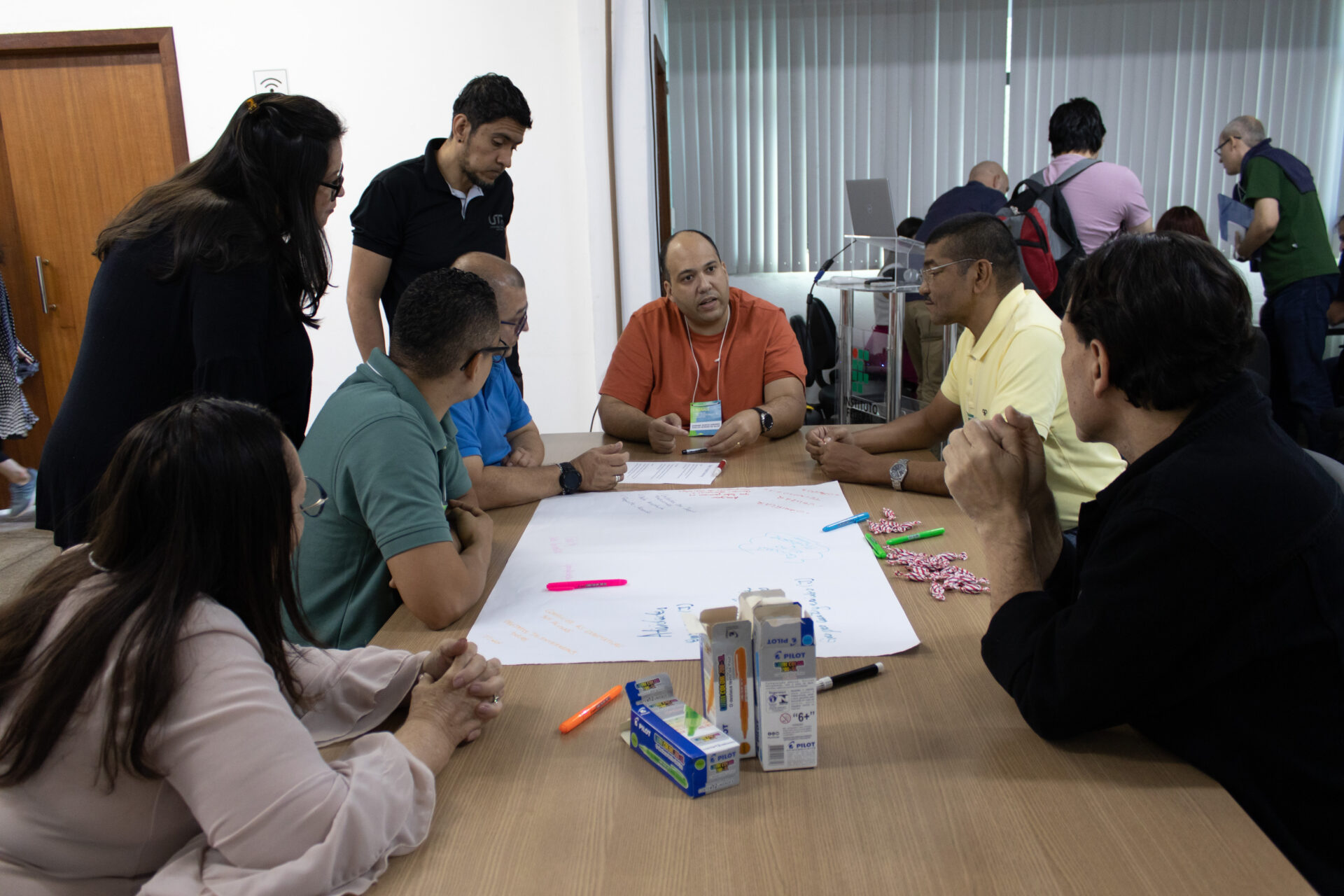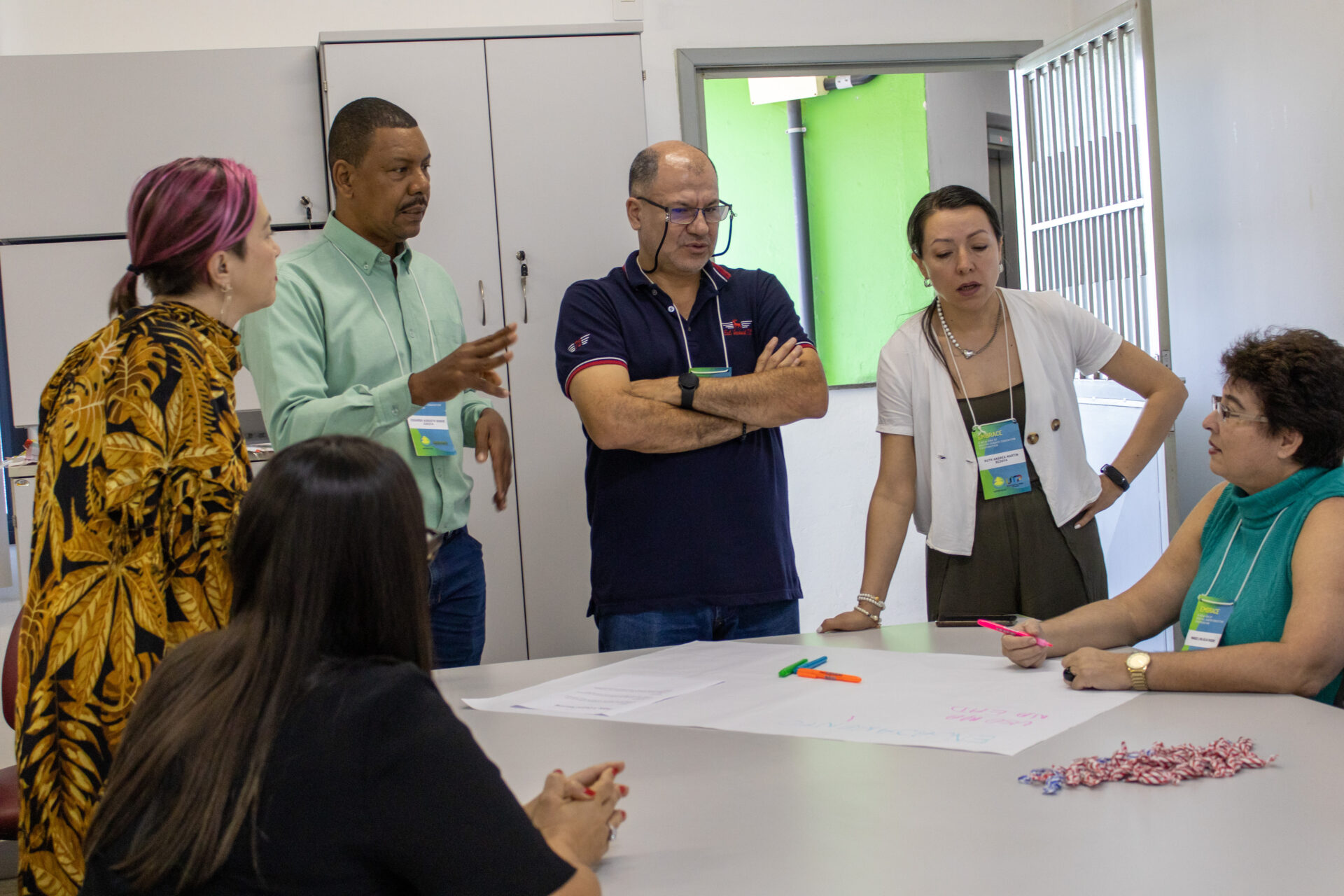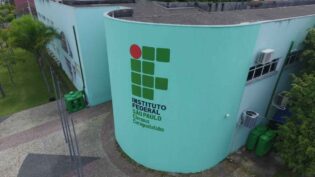The relevance of competency-based training, what does it consist of?
Published 20 February 2024

Photo by: Embrace Team
Competency-based training is based on identifying these key skills and designing educational programs that help students acquire them and apply them in practical situations.
One of the objectives to be achieved with the EMBRACE project is to modernize university education and make it competency-based, since the student’s performance in the working world depends on how he or she solves a problem or situation in an adequate manner.
Competency-based training is based on identifying these key skills and designing educational programs that help students acquire them and apply them in practical situations.
Competency-based training focuses on preparing students to face real situations in the world of work.
Competency-based training aims to prepare students for the world of work in an effective way, providing them with the skills and knowledge they really need to succeed in their careers in an increasingly competitive world of work.
Competencies are specific abilities that a person has to perform a task or function effectively, some of them are: technical skills, interpersonal skills, problem-solving skills, communication skills, numerical skills, among others. Competency-based training is based on identifying these key skills and designing educational programs that help students acquire them and apply them in practical situations.
Competency-based training is an educational approach that focuses on the development of specific skills, knowledge, attitudes and values, which are relevant for effective performance in a given area or field of work. In competency-based training, the educational process does not focus on the transmission of theoretical knowledge; competency-based training focuses on preparing students to face real situations in the world of work.

The 5 (five) important principles of competency-based training are the following, first, the Focus on Results; training is oriented towards the acquisition of practical skills and knowledge that students can apply in real situations and that are measurable and evaluable. Second, Active Learning; active and participatory learning is developed, where students not only receive relevant and organized information, but also participate in practical activities, case studies, challenges and projects that allow them to develop competencies and experience. Third, Contextualization; Competencies must be developed in the context in which they will be applied, i.e. working in practical situations with application of theories. An example of this contextualization is the following, instead of teaching abstract marketing theory, students could work on real marketing projects where part of what they will do is to apply this theory, here teamwork can be encouraged and the theory can be contextualized in a real world application.
The fourth is Authentic Evaluation; which is carried out through authentic methods, such as projects, presentations or simulations, this not only reflects the tasks that students will perform in the real world, but will also give them experience in presentation, socialization and other communicative elements, which will allow them to better express ideas and their projection to other people in the future. The fifth and last principle is Personal and Professional Development, since in addition to technical and technological skills, emphasis should be placed on the development of soft skills, including interpersonal, ethical, leadership, communicative, cultural and other skills that are essential in the work environment and to understand the context where a solution can be provided. Competency-based training aims to prepare students for the world of work in an effective way, providing them with the skills and knowledge they really need to succeed in their careers in an increasingly competitive world of work.



